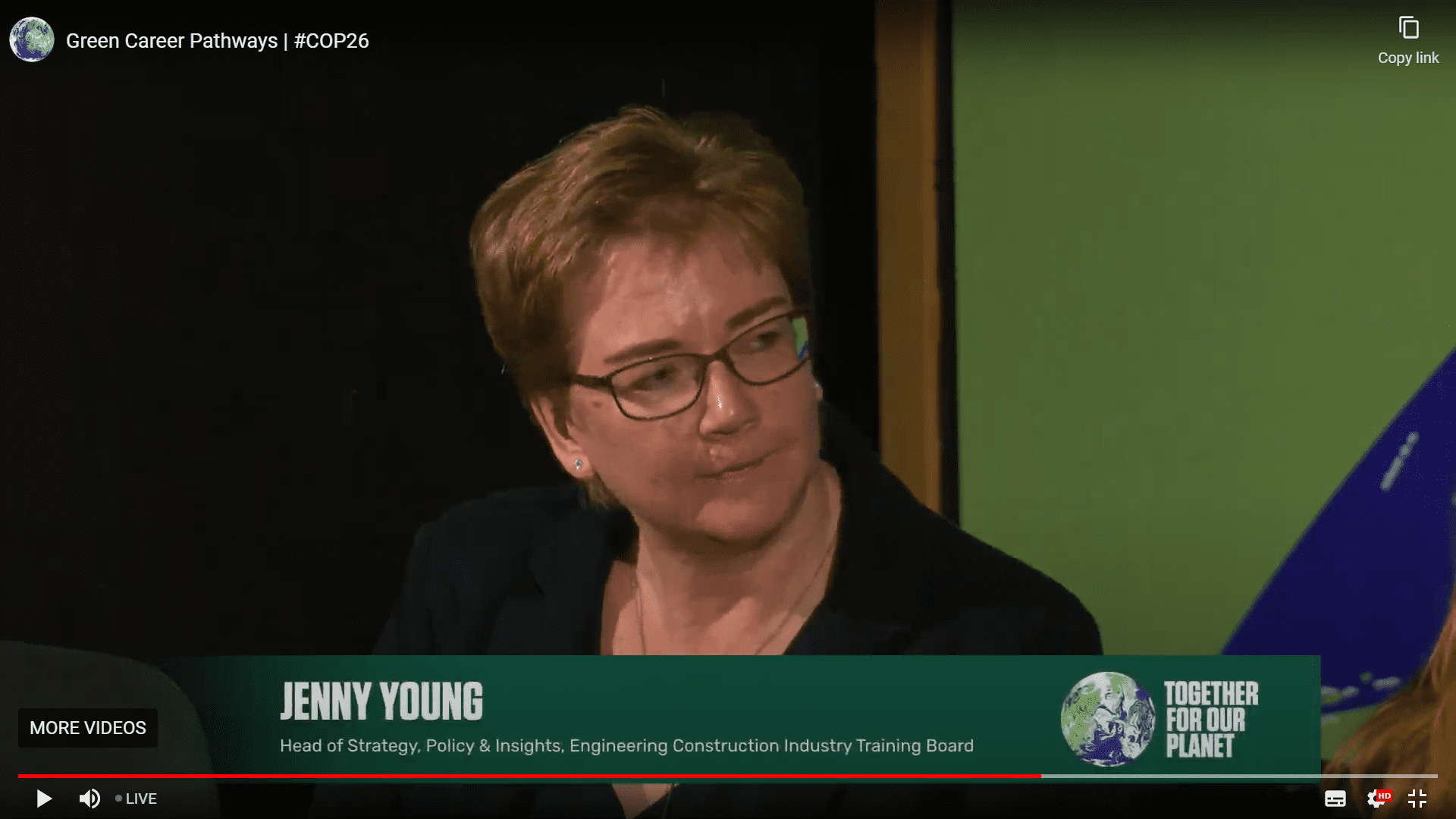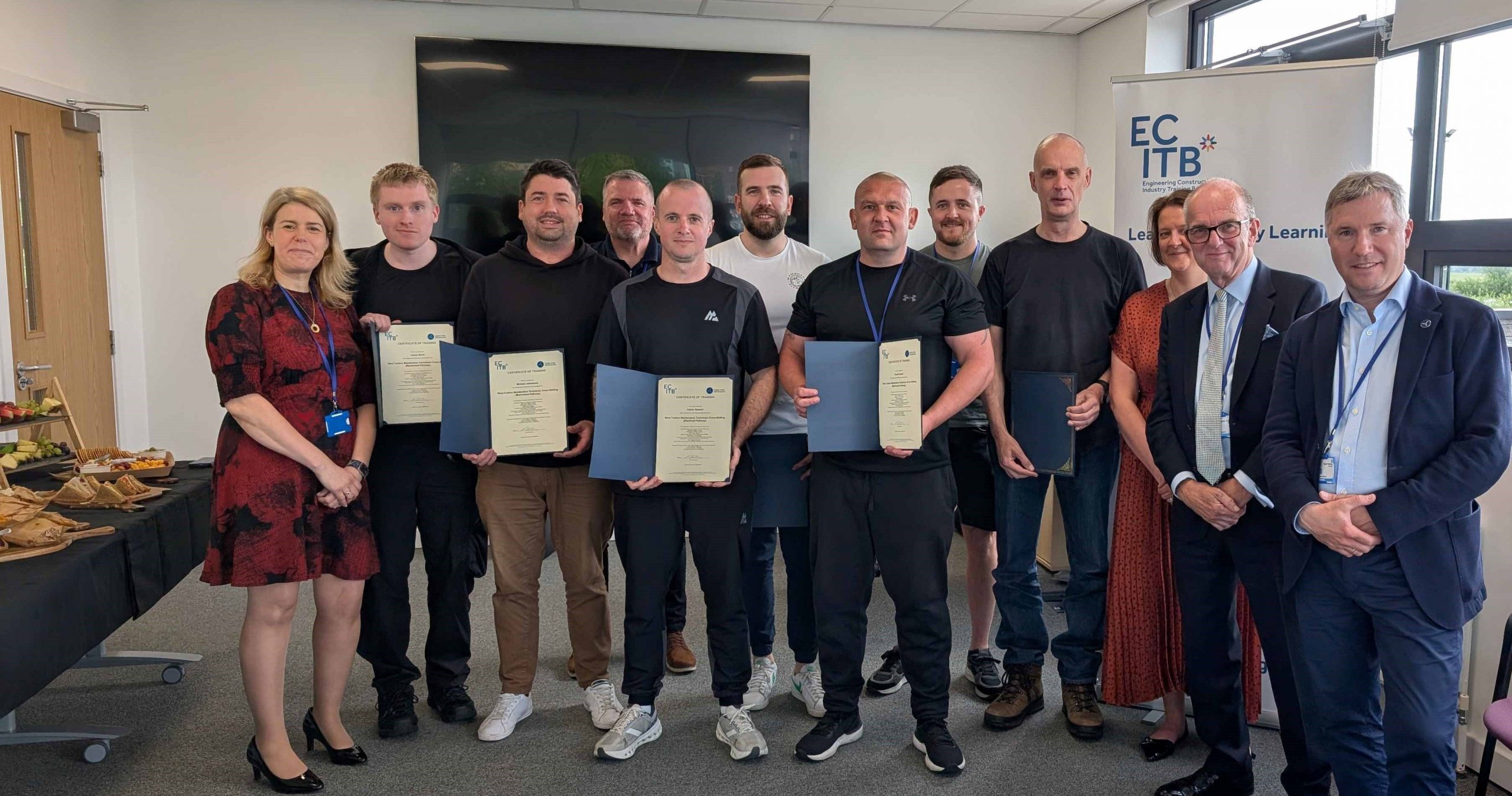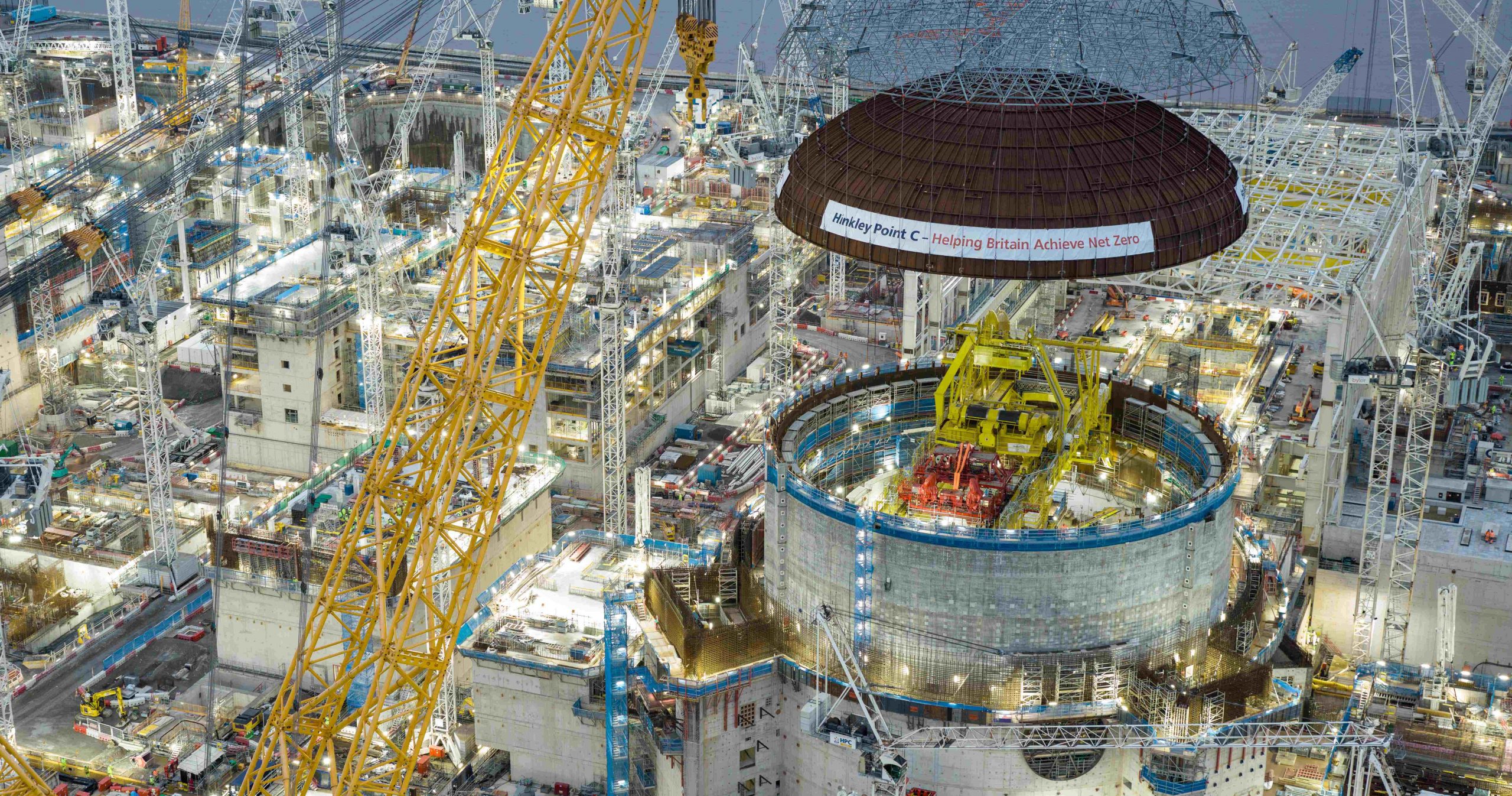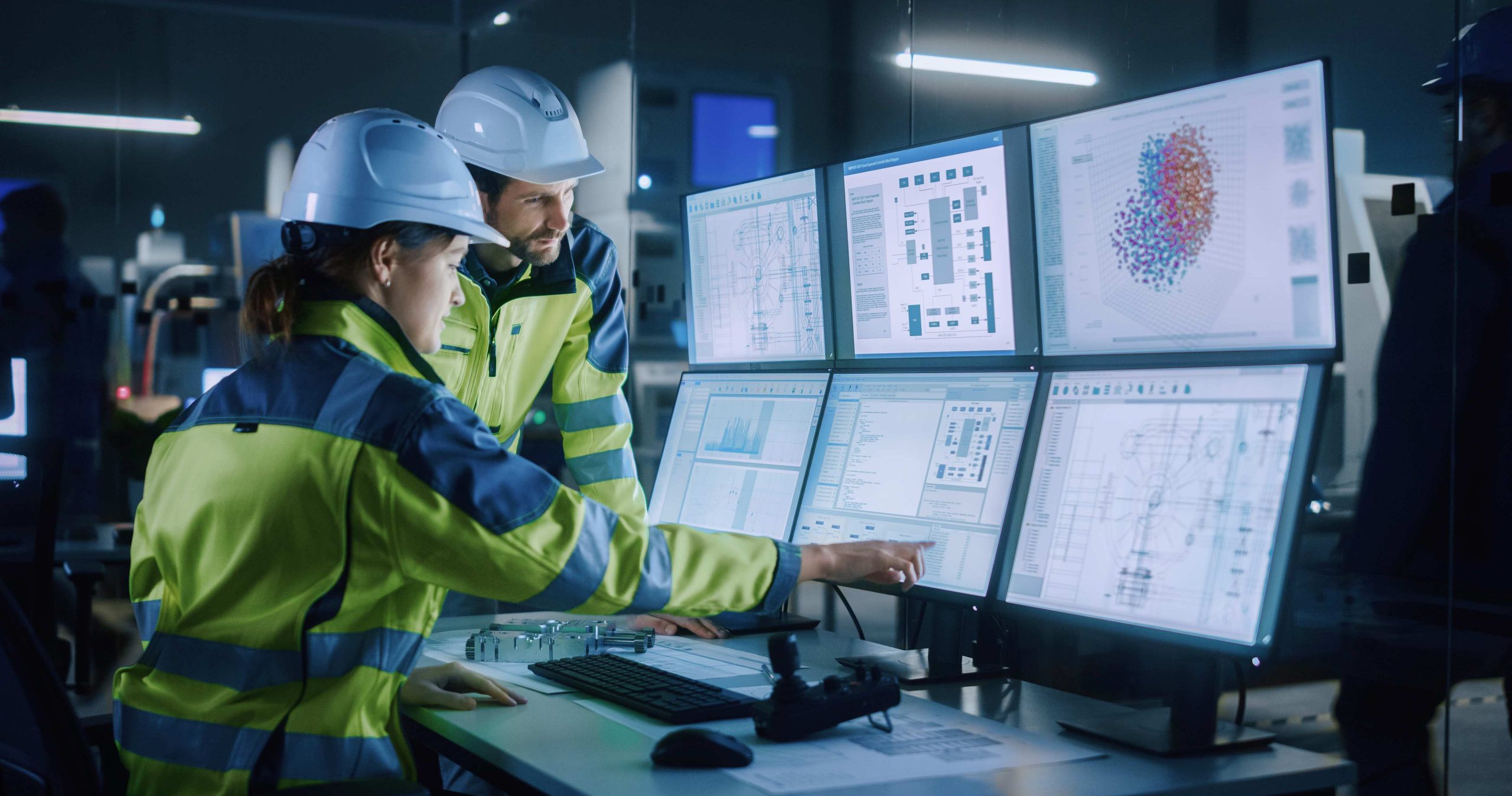The ECITB’s Head of Strategy, Policy and Insights Jenny Young, appeared at COP26 on Sunday 7 November as a panelist at the Green Career Pathways event. Jenny explains what a net zero job looks like and the skills required for the energy transition and you can watch the whole session below.
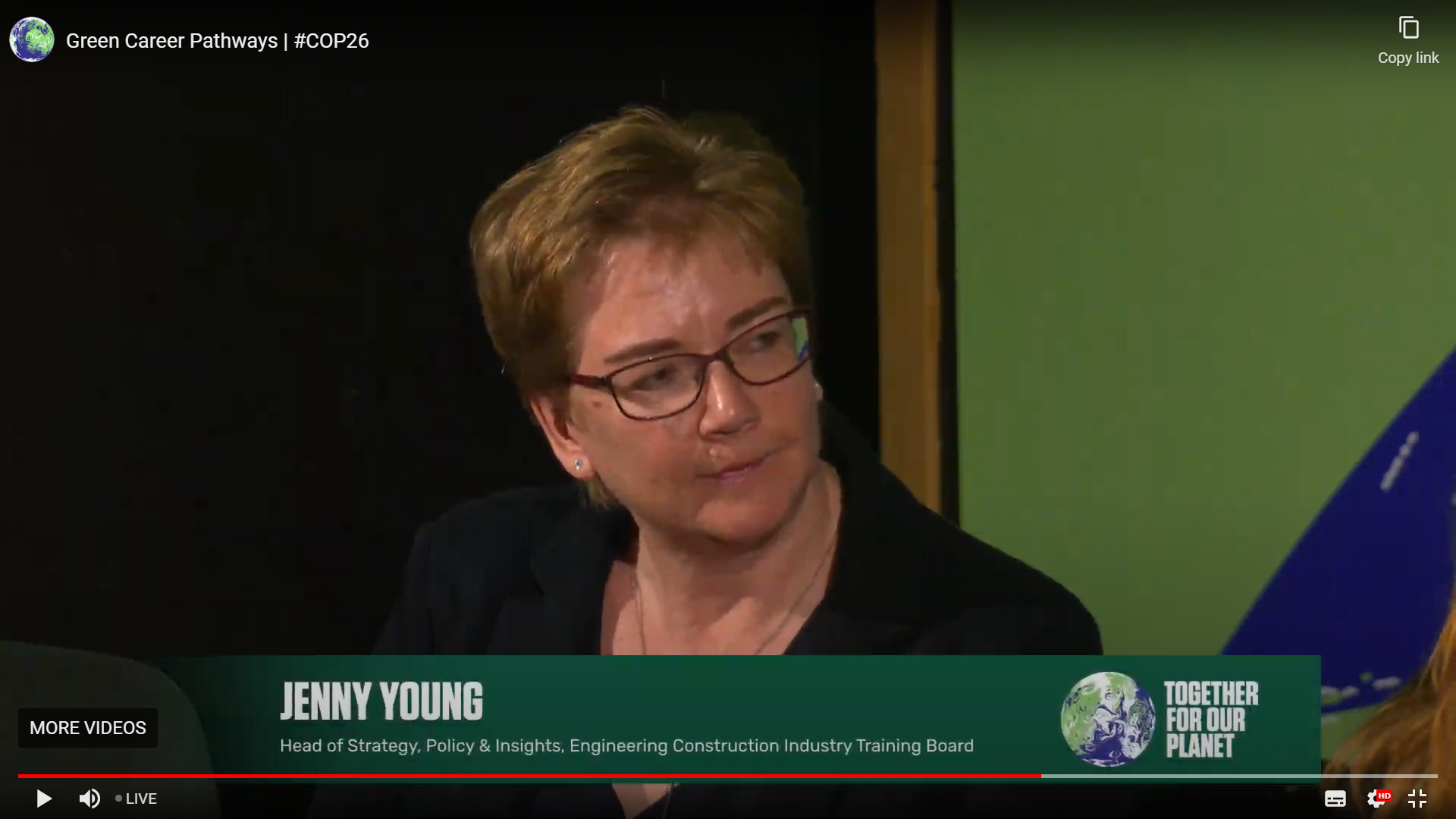
ECITB Head of Strategy, Policy and Insights Jenny Young talked engineering skills at the Green Career Pathways event at COP26 on Sunday 7 November
It’s a privilege to have a platform at Cop26 and really pleasing to see recognition for the important roles education and training will play in delivering net zero. As leading skills body for the engineering construction industry, the ECITB will play a key part in making sure our workforce has the knowledge and skills required. Training must align with employers’ needs and prepare new entrants to industry for green careers if we are to deliver a raft of major projects to decarbonise our energy sector.
However, in our industry, the path to net zero is very much evolutionary not revolutionary. Unlike other areas of the economy where the requirements of net zero may precipitate overnight transformation, in engineering construction the shift with be gradual. Adoption of new green technologies, such as hydrogen fuel and new offshore wind farms, will take place alongside work in existing carbon-intensive sectors to improve efficiency and reduce emissions through carbon capture and other innovations. And engineers and technicians who operate and maintain the UK’s assets, like oil refineries, already possess many of the core skills required to operate and maintain new carbon capture and hydrogen facilities. For them, the energy transition will be about a change of context not a change of career; it will be about topping up knowledge or applying existing skills in new environments.
For the ECITB, our suite of technical training standards and programmes remain vital to industry with some updates required to reflect new applications. While the promise of a career in a new green energy sector may bolster recruitment, we also need to continue to train our existing technical oil and gas workforce. The transition is just that, a transition, and we will still need to train and develop a workforce able to design, construct, operate, maintain and decommission these assets – along with new net zero projects – for many years to come.
However, the challenges facing the workforce extend beyond these core skills because energy transition requires that knowledge to be applied to new technologies and in new situations where practical experience is limited. That means those starting out need more than a grounding in various technical and project management skills to deliver, operate and maintain green infrastructure projects. Wet behind the ears engineers need a pioneering mindset; they must be more agile, able to problem solve, work with big data and bring new digital skills to industry.
To help address this, the ECITB supports new entrants into industry through programmes like the ECITB’s Energy Transfer Technician Scholarship – which prepares new entrants for careers in an industry in transition – as well as reskilling senior personnel for net zero roles through courses as the Energy Transition Technology Leadership programme, developed in partnership with Strathclyde and Robert Gordon University, which started in September. These initiatives are just part of the ECITB’s commitment to work closely with industry and Government to support the energy transition and to anticipate and prepare for the challenges ahead.
Watch the Green Career Pathways event here:
(Please note there was a technical issue and sound starts at 04:59)

